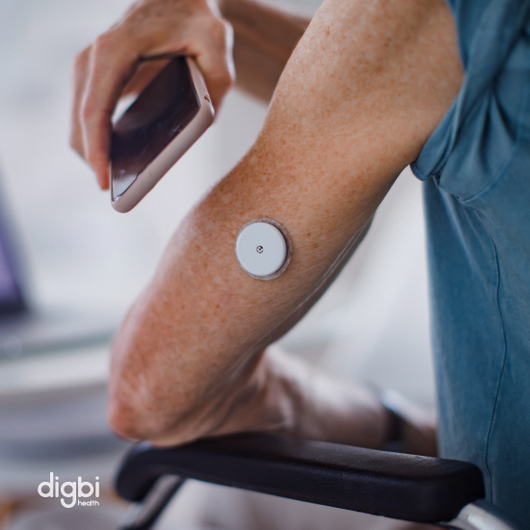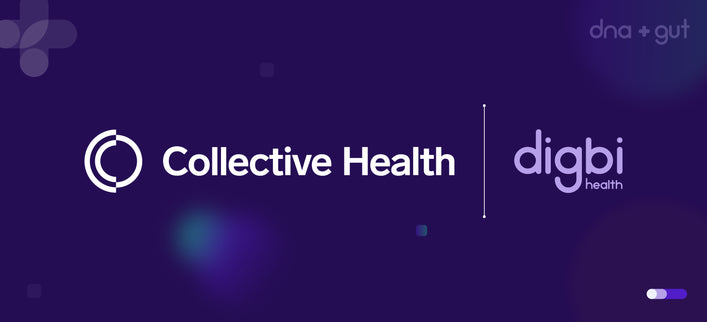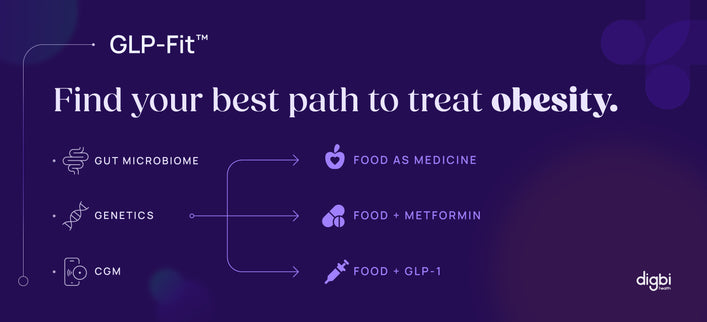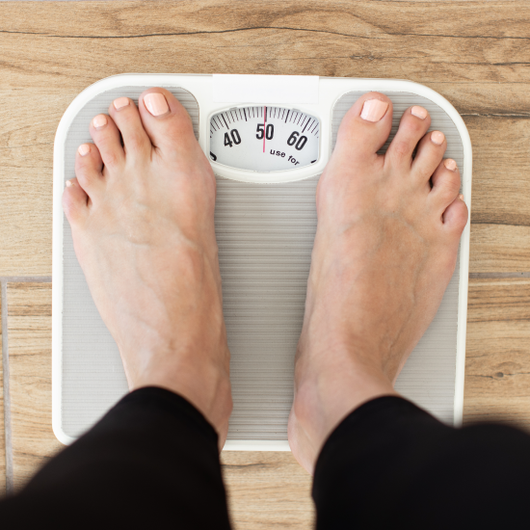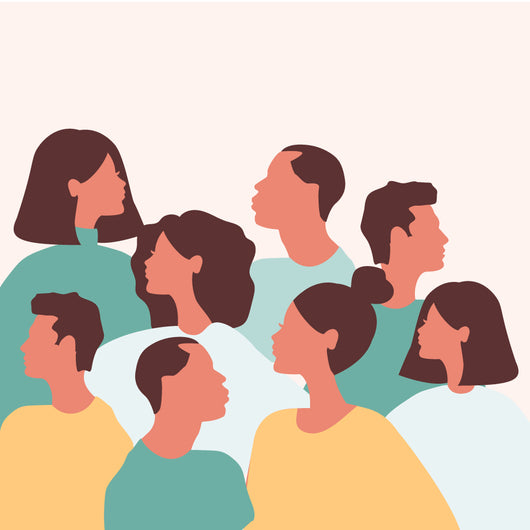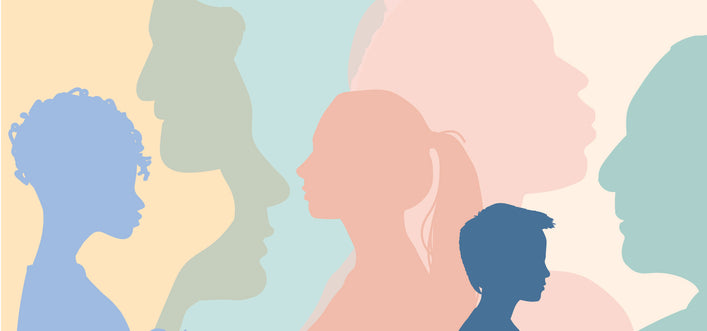Relationships and social support networks can be leveraged to help individuals achieve healthier lifestyles, weight loss and improve health outcomes.
Did you know, according to a survey of Digbi members, 50% of people in relationships depend on their partner for good health choices?
A supportive environment for cohabiting couples following a personalized weight loss program may help with weight loss and long-term maintenance. The keyword here: personalized meaning based on their genetics and gut microbiome profile. Couples often eat the same foods, but the same foods may not be best for each individual’s genetic profile.

Image by Digbi Health
America’s Silent Killer: Obesity
Almost 2 out of 3 adults are considered overweight or obese (BMI over 30). The global prevalence of obesity has reached epidemic proportions. Obesity is often difficult to treat and, once overcome, even harder to maintain. Thus, disease management has begun evolving to help individuals change their behaviors. Obesity is hard to overcome because the brain’s reward center decreases its response to tasty foods if consumed regularly, leading to a greater desire for more fats and sugars to get the same amount of satisfaction. Our ongoing unhealthy behaviors can cause dopamine dysfunction. Dopamine, the “happy chemical” in our brain, is significantly impaired in those who struggle with obesity. Many people believe obesity is caused by pure laziness or lack of motivation, however it is evident that physical hormone changes in the brain are the real culprit behind weight loss struggles. To overcome the complexity of obesity, we need a multifaceted precision treatment approach.
The Ripple Effect
In a Digbi Health case study of a couple, a male subject achieved a total change in weight loss of 15.94%and a reduction in A1C and blood pressure levels, and the female subject achieved a 13.65% change in weight loss over a period of four months. Importantly, the couple have maintained their weight loss goals four months after completing the program.
Amy Gorin, a professor of behavioral psychology at the University of Connecticut and the lead author of a new study on social support, calls this the ripple effect: “when one person changes their behavior, the people around them change,” Gorin said in a statement.
Double Trouble or Twice the Determination?
How we perceive ourselves in relation to the rest of the world influences our behaviors and beliefs. The opinions of others also affect our behavior and how we view ourselves. Romantic partners can be especially influential in supporting or undermining a loved one’s efforts at weight loss.
A partner’s influence can manifest in two forms: partner facilitation and partner interference.
- Facilitation from partners involves actions that would help a romantic partner accomplish their goals. For example, cooking your partner a gluten-free meal because you know they are sensitive.
- Interference from partners involves actions that prevent a partner from performing a typical routine or accomplishing personal goals. For example, waiting for your partner to go to the gym only to find out they are too busy.

Image by Digbi Health
How can Digbi Help?
Digbi Health strives to be a part of the social network that facilitates your journey. Our health reports ensure you recognize your unique genetic differences to achieve maximum results.
There is currently abundant research demonstrating that an individuals’ genetic and gut microbiome makeups are intrinsically linked to their metabolisms. For example, people with certain genotypes can lose weight faster when on diets high in fat compared to others with different genetics. Some respond better to short bursts of intense activity than long sessions of moderate activity. Certain ethnic groups, for example, populations of Asian or African origin, have shown a propensity for obesity and diabetes even when following a diet deemed nutritious by the United States Department of Agriculture (USDA).
In essence, we have come to realize there are many factors that may help an individual lose weight. In particular cohabiting couples’ close relationships and a weight loss program personalized to their gene and gut microbiome profile, may provide the best supportive environment for overweight or obese men and women to initiate the pursuit of weight loss and maintain healthy dietary practices and increased physical activity. With the right information and partner, we are truly better together.
References
- Singh-Rambiritch S, Sinha R, Reddy C, Nakamoto A, Irudayanathan C. A couple’s personalized-care intervention for weight-loss and diabetes based on DNA and gut biome profiles: A case study. Obes Res Open J. 2019; 6(2): 25-34.
Source: Primary research survey: Large health plan in California, 2021 cohort - Theiss, J. A. (2018). The influence of romantic partners in Weight LossJennifer . Psychology Today. Retrieved September 14, 2022, from https://www.psychologytoday.com/us/blog/relational-turbulence/201801/the-influence-romantic-partners-in-weight-loss
- Brodwin, E. (2018). Your partner could help you lose weight - or be your worst enemy, according to New Research. Business Insider. Retrieved September 14, 2022, from https://www.businessinsider.com/couples-lose-weight-together-partner-ripple-effect-weight-loss-2018-2
- Wenk. , G. (2012). Why is obesity so hard to defeat? Psychology Today. Retrieved September 14, 2022, from https://www.psychologytoday.com/us/blog/your-brain-food/201201/why-is-obesity-so-hard-defeat









